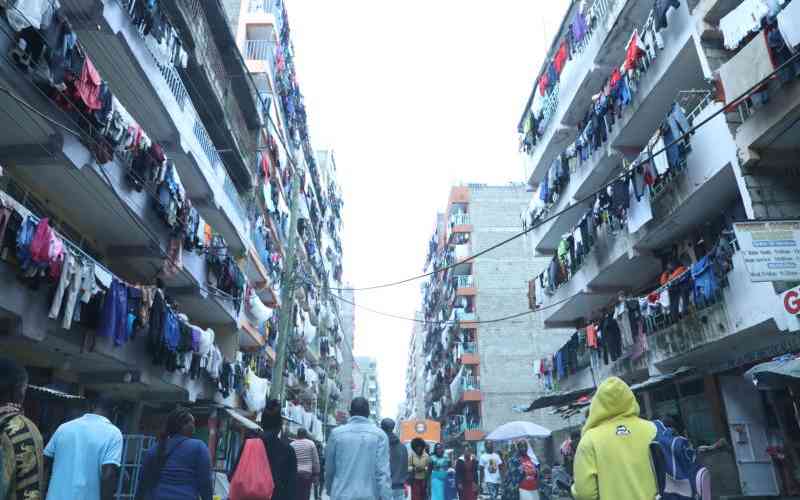×
The Standard e-Paper
Smart Minds Choose Us

The government aims to get Sh83 billion more from landlords in a revamped tax system under works spearheaded by the Ministry of National Treasury and Economic Planning.
It is the latest attempt by the government to net landlords who have been slippery to the taxman despite attempts to woo them into the tax bracket.